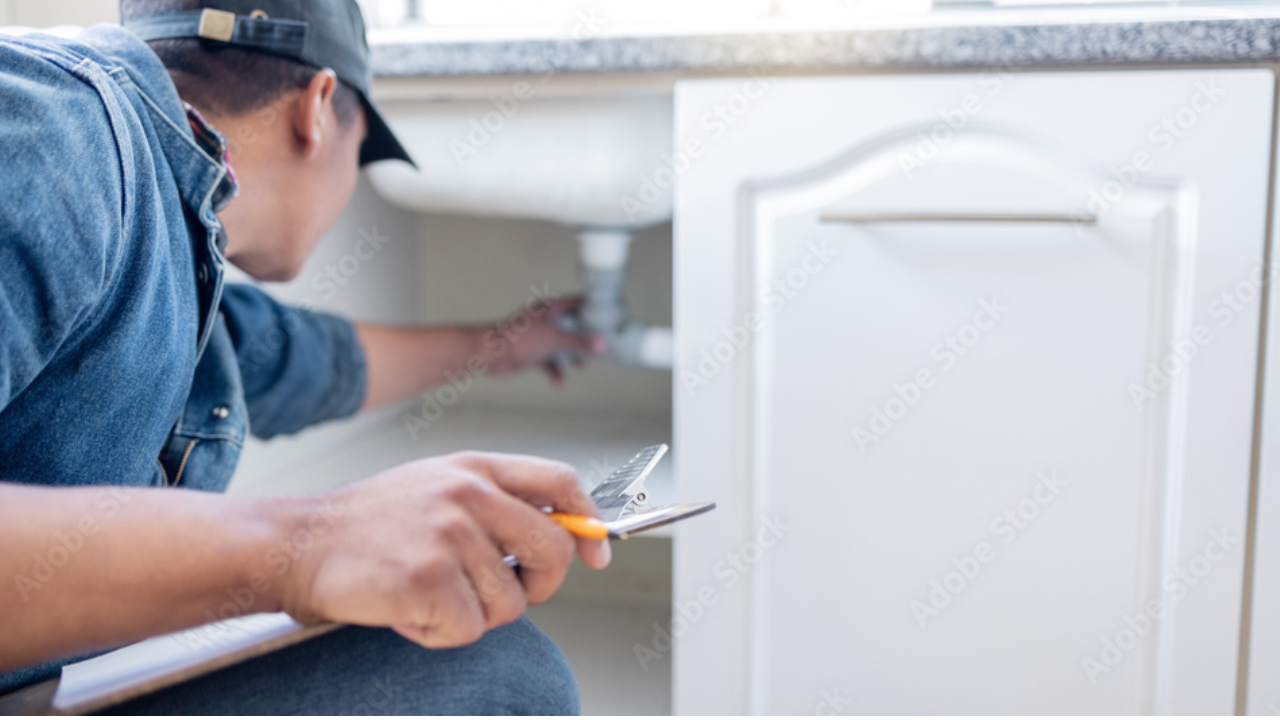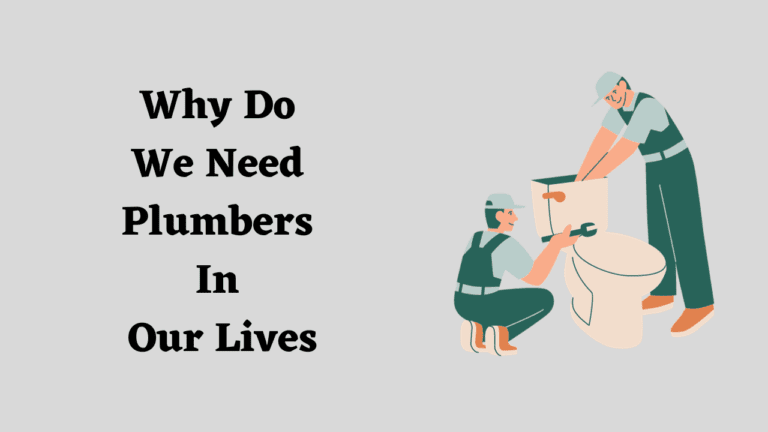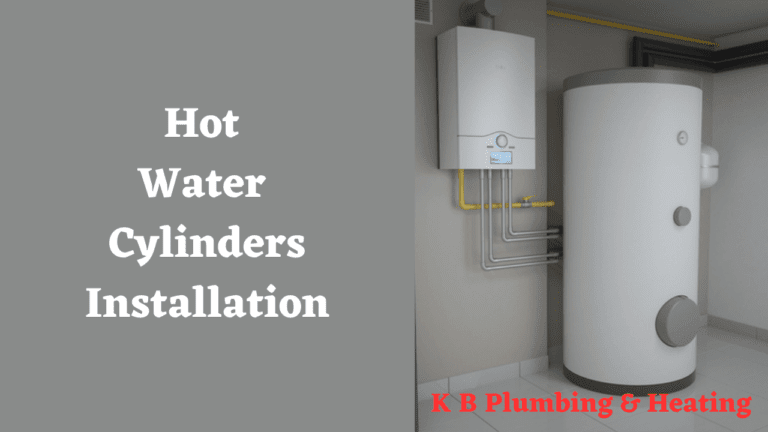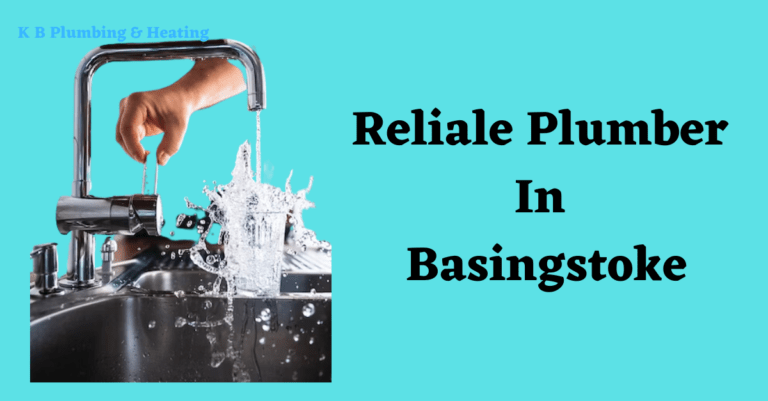Water Softener Installation
What is water softener?
A water softener is an essential device for treating hard water by removing minerals like calcium and magnesium. These minerals contribute to scale buildup in pipes and appliances, which can lead to inefficiency and damage. Water softeners use an ion exchange process to swap out the hard minerals with sodium or potassium ions, effectively softening the water. This process not only extends the life of plumbing and appliances but also enhances soap lathering, reduces spots on dishes, and results in softer skin and hair. For households in regions with high mineral content in their water supply, water softeners are crucial for maintaining comfort and reducing long-term costs.
How to install a water softener?
Installing a water softener is easy and can make your water much better. Here’s a simple guide to help you:
- First, switch off the main water supply. Open the taps to let any remaining water flow out.
- Water softeners have an overflow for the brine chamber, typically at the back. Measure and drill a hole in the external wall for this purpose.
- Next, attach the bypass valve to your water softener. This allows you to redirect water flow without shutting off the supply to your whole house when servicing the softener.
- Connect the discharger, inlet, and outlet hoses to the softener. Note that hoses are usually not included but are available for purchase separately.
- After installation, turn the water supply back on. Ensure the bypass valve is closed and both inlet and outlet valves are open.
- Check for leaks to confirm everything is working correctly.
Benefits Of Water softeners
Water softeners are helpful in places with hard water. Here are the benefits they provide:
Less Build-Up of Scale: Hard water contains minerals like calcium and magnesium that can stick to pipes, water heaters, and other appliances. A water softener removes these minerals, stopping scale from forming and making appliances last longer.
More Efficient Appliances: Water heaters, dishwashers, and washing machines work better with soft water. They use less energy and soap because soft water foams up easily and doesn’t leave mineral stains.
Gentler on Skin and Hair: Softened water is kinder to skin and hair. It helps keep them moisturized, prevents dryness, and reduces irritation caused by hard water.
Cleaner Clothes: Clothes washed in soft water are cleaner, softer, and stay in good condition longer. Soft water helps detergents dissolve completely and rinse out well, leaving no residue on fabrics.
Better Tasting Water: Softened water often tastes better because it doesn’t have the metallic or bitter taste of hard water minerals.
Easier Cleaning: Softened water makes cleaning easier around the house. It reduces soap scum and mineral deposits on sinks, showers, and tiles, so cleaning is quicker and needs fewer cleaning products.
Longer Plumbing Lifespan: Water softeners prevent scale build-up in pipes and fixtures, which helps maintain plumbing systems over time. This lowers the chances of blockages and corrosion.
Savings: Although buying and installing a water softener costs money at first, it saves in the long run. It reduces energy use, cuts down on detergent needed, and makes appliances last longer.






